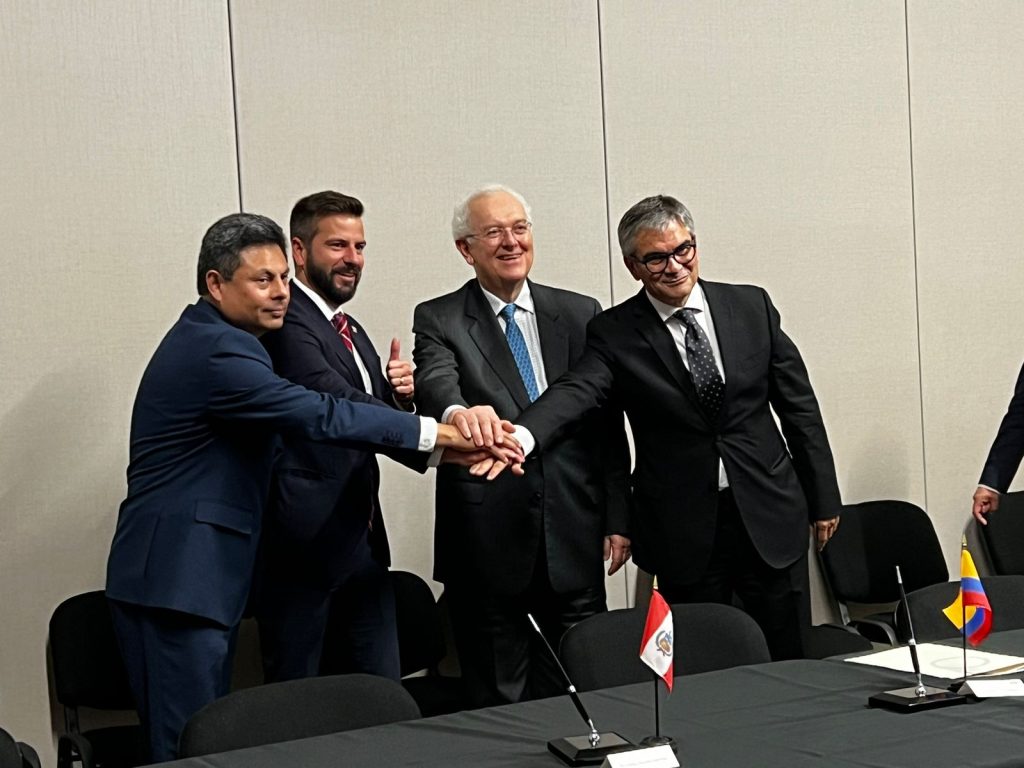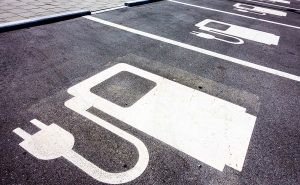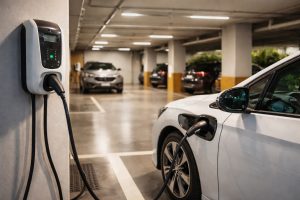
Chile Shows Progress in Electromobility and Sustainability during IDB Annual Summit

Beyond the ideologies and different political factions that have led Chile’s destinies in recent years, the authorities have prioritized macro policies in environmental and energy transition matters, maintaining a coherent line for development in this area.
In this sense, the Minister of Finance, Mario Marcel, participated in the annual summit of the Inter-American Development Bank (IDB), in which he highlighted the continuity that the country has had in projects linked to the environment.
He stressed that since the last government of Michelle Bachelet, passing through the second administration of Sebastián Piñera, “there has been a lot of continuity in climate change issues”.
“We have had differences on many things, but on environmental issues there has been quite a lot of coincidence,” he emphasized.
Marcel recalled that, in addition to the emission reduction goals associated with the Paris Agreement signed during the government of President Bachelet, there was the Climate Change Law, proposed by President Piñera, which ended up being approved during the current administration.
National Electromobility Strategy
One of Chile’s mainstays for the energy transition is the Electromobility Strategy, which aims to accelerate the development of electric mobility.
Aligned with international goals, the best practices and experiences are being acquired for a massive incorporation of electromobility in the country. That is why the roadmap establishes that by 2035 only electric cars will be sold.
Read also: ANAC Records Increase in Low Emission Vehicle Sales in February
Future Plans
During the IDB forum, Marcel revealed that the Executive plans to present in early April a bill on the so-called “green taxes“, which will seek to raise taxes on emissions of pollutants from fossil fuels, and at the same time establish tax benefits to promote electromobility.
“At this moment we are preparing a law of green taxes that will reinforce these goals and the challenges by sectors, basically establishing a system of ‘cap and tax’ by sectors, which will allow that, for each sector, there are goals that are realistic and achievable, but that combined as a whole allow to achieve the goals of emission reduction at the country level“, said the Secretary of State.
As he explained, the initiative “will be presented at the beginning of April”, and will propose modifications to “the values of the taxes on emissions and, on the other hand, a series of subsidies will be established, fundamentally linked to electromobility and the substitution of contaminating energies”.





